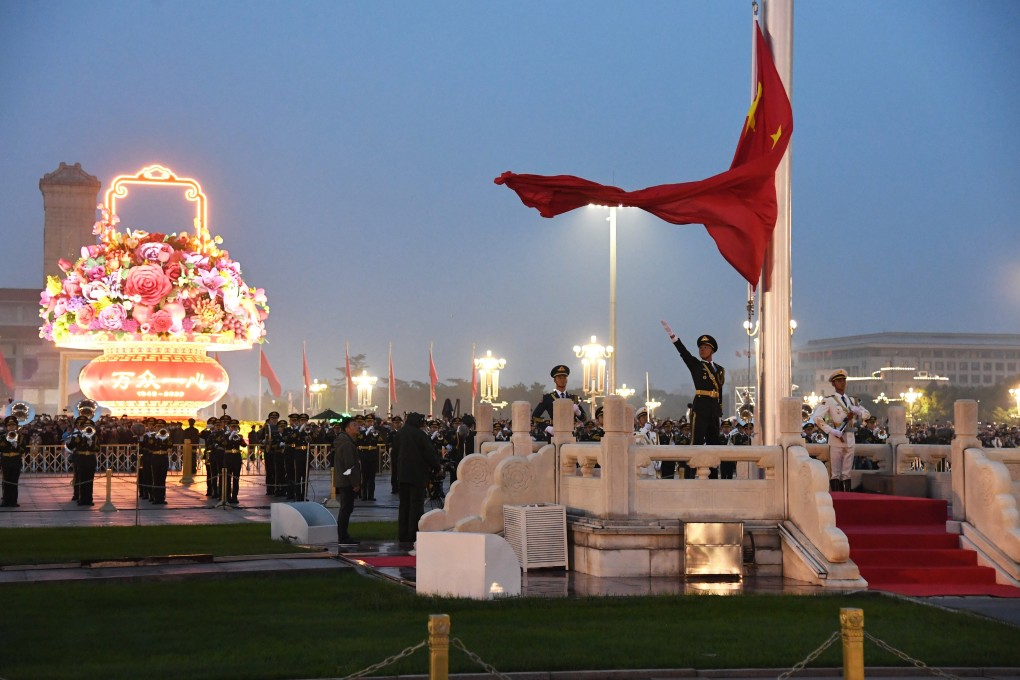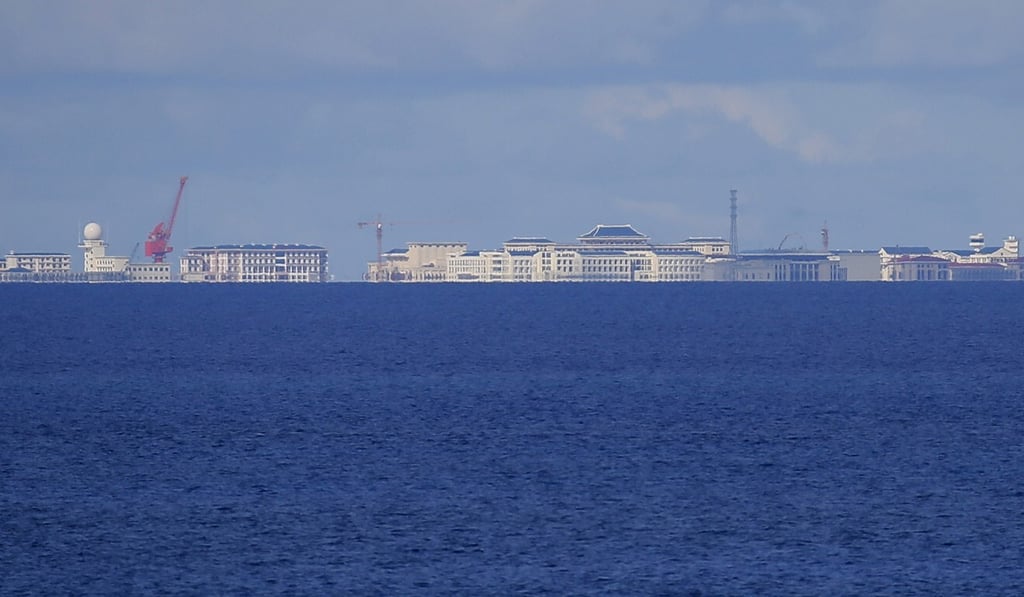Advertisement
Opinion | A strong, proud China is right to be assertive in pursuing its national interests
- The choice of the word ‘assertive’ by Western observers commenting on China is driven mostly by managing the perceptions and reaction of domestic audiences, but China is capable of so much more than that one word can convey
Reading Time:3 minutes
Why you can trust SCMP

If you had to choose one word to describe China, what would it be? Adding “communist” or “red” before “China” has become so hackneyed that only someone as stodgy as Peter Navarro, Donald Trump’s trade adviser, still gets a kick out of uttering the words on live television.
The word “authoritarian” is a safe bet. Still, as America suffers from excessive dogma on both the religious and secular fronts, this otherwise loaded concept no longer packs a moral punch.
China has so far avoided the word “rogue”. However, US Secretary of State Mike Pompeo found it convenient to use China allegedly falling short of being a “normal country” in pre-launching his 2024 presidential run under the disguise of a foreign policy speech delivered at the Nixon Library.
Advertisement
Little attention is paid to the word “assertive”, which seems to be the preferred adjective preceding “China”. Characterising China as “increasingly assertive” is the least controversial, if not a solid consensus in American discourse on China. “Assertive” sounds moderate, yet it isn’t.
It does stumble on some truth in that today’s China projects its influence beyond its borders. From uninterrupted flows of capital and goods even at the height of the pandemic to millions of tourists and students abroad, not to mention fortifying reefs in the South China Sea, the world feels China’s weight on a daily basis.
Advertisement

Advertisement
Select Voice
Select Speed
1.00x
